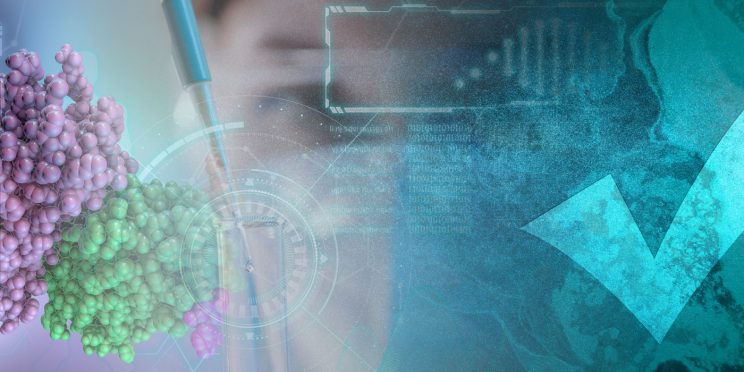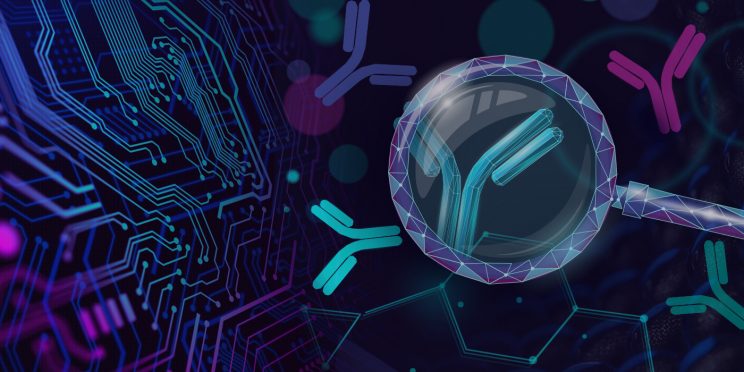← Back to Just Science Podcast
Original Release Date: May 14, 2019
In episode one of our 2019 NIJ R&D season, Just Science interviews Dr. Katherine Scafide and Dr. Daniel Sheridan about their use of Alternative Light Sources for the detection and assessment of cutaneous bruising. Until the 1990s, it was commonly believed that clinicians and forensic professionals could estimate a bruise’s age by analyzing its color change. Now, we know that isn’t the case. To fill this gap in knowledge, Drs. Scafide and Sheridan are working on creating a method for accurately assessing bruises by utilizing different filters to isolate wavelengths of light. Listen along as they discuss the characteristics of bruising, the factors affecting bruise perception, and their innovative use of paintballs in this episode of Just Science.
This episode of Just Science is funded by the National Institute of Justice’s Forensic Technology Center of Excellence [Award 2016-MU-BX-K110].
Guest Biography
Dr. Katherine Scafide is an assistant professor at the George Mason University’s College of Health and Human Services (view profile here), where she conducts research and mentors doctoral studies. As a forensic nurse, she worked as a pediatric and adult sexual assault nurse examiner for 8 years and was a death investigator for the State of Maryland’s medical examiner’s office (2005–2010). Dr. Scafide’s prior research explored the use of colorimetry in examining the impact of skin color, fat, and sex on changes in bruise color over time. The results were published in leading forensic and medical journals. She is still known as the “paintball lady” for her unique method of creating bruises. Dr. Scafide has also developed and tested a metric for quantifying bruise visibility (Bruise Visibility Scale). Through existing engineering partnerships, she hopes to expand this work using machine learning of digital images. Dr. Scafide’s current research interests involve addressing the disparity in the identification and documentation of injuries among victims of violence, particular those of color, using innovative technologies.
Dr. Daniel Sheridan is a professor at the Texas A&M University College of Nursing, where in 2015, he created its Forensic Nursing Education, Research and Intervention Program. Dr. Sheridan has been a forensic nurse since 1986 and is a former president of the International Association of Forensic Nurses. Dr. Sheridan has created two hospital emergency department–based family violence intervention programs: the first at Chicago’s Rush Medical Center; the second at the Oregon Health Sciences University Hospital in Portland, Oregon. He has extensive clinical experience with patients experiencing intimate partner violence, adult sexual assault, strangulation, and the abuse/neglect of older and vulnerable persons. Dr. Sheridan has performed over 500 forensic sexual assault/intimate partner evidentiary exams, most at Baltimore’s Mercy Medical Center Forensic Nurse Examiner Program. He used alternate light in his forensic clinical practice for many years. He created and coordinated for 12 years a forensic nursing graduate academic program at the Johns Hopkins School of Nursing and has chaired and co-chaired numerous violence/injury-related dissertations and thesis capstone projects. His research interests include use of alternate light to improve bruise assessments; identification of topical products that could give false positive results mimicking bruises; identification of women at risk of intimate partner homicide; primary prevention of violence with school-aged children; and increased identification of abuse/ neglect of older and vulnerable persons.
The opinions, findings, and conclusions or recommendations expressed in this podcast episode are those of the presenter(s) and do not necessarily reflect those of the U.S. Department of Justice.
Contact us at ForensicCOE@rti.org with any questions and subscribe to our newsletter for notifications.




